The Vancouver condo market has long been a hotspot for investors and retirees alike. Real estate in Vancouver is often seen as a ticket to future financial security, whether through rising property values or rental income. Lately, however, condos haven’t been the steady goldmine many hoped for. Sales have slowed, listings have swelled, and prices have even dipped in some cases. With the condo market downturn making headlines, many people are asking: is a condo a good investment for retirement anymore?
In this blog post, we’ll dive into what’s happening with condo prices in Vancouver, why condos became a popular real estate retirement plan, and what the current struggles mean for different folks – from retirees thinking of downsizing to a condo in Vancouver to investors and first-time buyers. We’ll also peek at the condo market outlook 2025 to see what the future might hold. Let’s break it all down in a casual, no-nonsense way.
Vancouver’s Condo Market: What’s Going On?
It’s no secret that Vancouver’s housing market has been through some wild swings. Condos, in particular, have hit a rough patch recently. Consider some eye-opening stats:
-
Big drop in condo sales: Condo apartment sales in Vancouver have dropped sharply since 2022, with a slowdown in buyer activity.
-
Rising inventory: With fewer sales, listings have piled up. Builders have been completing new condo projects at near-record levels, but demand remains subdued, creating a glut of unsold units.
-
Stagnant or falling prices: Since topping out in early 2022, condo values in Vancouver have fallen roughly 9%. The usual rapid price growth Vancouver is known for has hit pause, at least for now.
To put it bluntly, condo demand is weak and isn’t expected to recover quickly. Some forecasts even suggest unsold new condos could jump by 60% in 2025. That’s bad news for developers and for anyone who owns a condo expecting its value to rise in the short term.
Why the struggle? Several factors are at play:
-
Investor pullback: During the 2010s, small condos were hot investments. But with higher interest rates now, the math doesn’t work as well. Investor appetite for condos has largely disappeared. Government policies like foreign-buyer bans and Airbnb restrictions have also cooled off speculative demand.
-
New supply flooding in: In the boom years, developers built condos like crazy. Those units are completing now, just as demand has cooled. The result? Unsold condos piling up in Metro Vancouver. With more options on the market, buyers can be choosier.
-
Economic uncertainty: Higher interest rates and inflation have made buyers cautious. People are uncertain about the economy, which makes them think twice about big purchases.
-
Divergence in housing types: Detached houses and townhomes in Vancouver have seen more stable activity, whereas condos have seen sharper sales declines. Condos are the laggard of the market.
All this has left many would-be sellers in a bind. Some owners are even selling at a loss just to get out. Realtors describe the condo market as lacking liquidity – condos just aren’t worth what sellers expected. Many people are wondering when the market will bottom out and turn around, but most agree it won’t be any time soon.
In short, the Vancouver condo market today is tilted in favor of buyers. There’s more inventory and less competition, which is a big shift from the frenzy of a few years ago. Prices haven’t crashed dramatically, but they’ve certainly lost that upward momentum we all got used to.
Why Condos Were Seen as a Retirement Nest Egg
With the current market looking shaky, it’s easy to forget that condos were once the darlings of real estate investment in Canada. For years, many people viewed buying a condo as a retirement real estate strategy that couldn’t fail. Let’s talk about why:
-
Lower price point: In expensive markets like Vancouver, condos are usually cheaper than houses. This made them attractive as an investment or downsizing option. For first-time buyers, a condo was often the only affordable choice. And for older homeowners thinking of buying a condo for retirement, selling a big house and pocketing the difference seemed wise.
-
Rental income potential: Condos could be rented out more easily than other properties. Downtown condos especially commanded high rents from young professionals or students. It was a one-two combo – monthly income and long-term growth – that made condos central to many a real estate retirement plan.
-
Past performance: Vancouver real estate has a legendary track record. From 2015 to 2022, Greater Vancouver condo prices jumped roughly 90%. With that kind of history, it’s no wonder people came to believe condos were a surefire retirement plan.
Is a Condo Still a Good Investment in 2025?
Fast forward to today, and the question on everyone’s mind is: “Are condos still a good retirement plan?” The answer isn’t black and white, but experts are more cautious now than a few years ago.
Pros
-
Lower prices = opportunity: With the condo market downturn, prices have softened. If you were priced out before, you might find opportunities now. It’s a buyer’s market, meaning sellers are more negotiable.
-
Easier entry and downsizing: Condos still offer a manageable, low-maintenance lifestyle. For retirees, selling a house and buying a condo could leave you with cash left over.
-
Long-term demand factors: Vancouver’s population is growing, and land is limited. Over the long haul, condos should still hold value.
Cons
-
Recent performance is weak: Condos bought at the peak may have lost value. Recovery timelines are uncertain.
-
Risk of further decline: With so many unsold units, there’s pressure on prices. The condo market outlook 2025 is flat or even downward.
-
Cash flow crunch: High interest rates and softer rents make it harder for investors to break even.
-
High carrying costs: Strata fees and special levies can eat into retirement savings.
Retirees: Downsizing to a Condo in Vancouver
For many retirees, the classic move was to sell the family home and downsize to a condo in Vancouver. The idea is to cash out some equity and simplify life.
-
The appeal: Selling a house in Vancouver can free up a lot of money. The benchmark house is still nearly $2 million, while the benchmark condo is around $744k. That gap means potentially over a million dollars could be pocketed by swapping a house for a condo.
-
The reality check: The current condo slump means retirees should plan carefully. Some condos are too small for comfort, fees can be high, and resale values uncertain.
-
Key advice: Focus on lifestyle fit. Pick a location and building that support your needs. Think of your condo as a home first, not just an investment.
Investors: Condos as a Retirement Real Estate Strategy
If your retirement plan involves owning rental condos, it’s time to reevaluate.
-
Cash flow is tight: Many condos don’t generate positive cash flow with current rates. Rents often don’t cover carrying costs.
-
Tenant market changes: Rent growth has cooled. Regulations are tighter. Being a landlord requires more effort.
-
Concentration risk: If all your retirement savings are in condos, you’re highly exposed to one market.
-
Exit strategy: Have a plan. Don’t assume you’ll be able to sell quickly or at a high price.
Verdict: A condo can still be part of a retirement plan, but it’s no longer the carefree investment it once was. Balance your portfolio with other assets.
First-Time Buyers: Condo as a Stepping Stone
For first-time buyers, a slow market can be an opportunity.
-
Less competition: Bidding wars are rare now. You can negotiate and include subjects in your offer.
-
Think long-term: A starter condo can help you build equity for future moves.
-
Be smart: Choose a unit with strong resale potential. Don’t overextend your budget.
The Condo Market Outlook 2025 and Beyond
What’s next for Vancouver condos?
-
Buyer’s market continues: Expect 2025 to remain soft, with inventory high and prices flat or down slightly.
-
Interest rate wildcard: If rates drop, affordability improves. But a quick turnaround isn’t expected.
-
Rental dynamics: Investor demand hinges on rental income potential. Flat rents may keep many investors sidelined.
-
Long-term fundamentals: Population growth and limited land mean condos will likely recover eventually, but timing is uncertain.
Final Thoughts
The condo market in Vancouver is struggling, but that doesn’t make condos a “bad” choice. It simply means the strategy has to be smarter and more realistic. They can still be part of a retirement plan, but they’re not the guaranteed jackpot they once seemed.
-
Retirees: Downsize if it improves your lifestyle, but don’t count on rapid appreciation.
-
Investors: Be cautious, diversify, and focus on cash flow.
-
First-time buyers: Use the lull to get a foothold, but budget conservatively.
Condos can still be useful tools in building a real estate retirement plan, but only if approached with clear eyes and careful planning.
Speak with Adam Chahl
Thinking about buying, selling, or downsizing into a Vancouver condo—and want a clear plan that fits your goals? Adam Chahl, founder of Vancouver Home Search and lead of the PLACE Real Estate Team – Oakwyn Realty, can help you cut through the noise and make confident moves.
What you’ll get in a quick strategy call:
-
A plain-English read on the Vancouver condo market and what it means for your timing
-
A custom retirement real estate strategy (downsizing, renting, or selling)
-
Cash-flow and break-even math for investors (fees, rates, taxes, vacancy)
-
A pricing and presentation plan if you’re selling a condo in the next 90 days
-
A first-time buyer roadmap with subjects, strata due-diligence, and closing costs
-
Optional valuation and comps for your current property
-
Call/Text: +1 (778) 385-6141
-
Email: adam@placerealestate.ca | adam@chahl.com
-
Brokerage: PLACE Real Estate Team – Oakwyn Realty
No hype, just clear guidance, solid numbers, and a plan that puts your interests first.
Browse Other East Vancouver Communities
MLS® Listings in Vancouver East | Homes for Sale
- All Listings
- $300,000 - $400,000
- $400,000 - $500,000
- $500,000 - $600,000
- $600,000 - $700,000
- $700,000 - $800,000
- $800,000 - $900,000
- $900,000 - $1,000,000
- Over $1,000,000



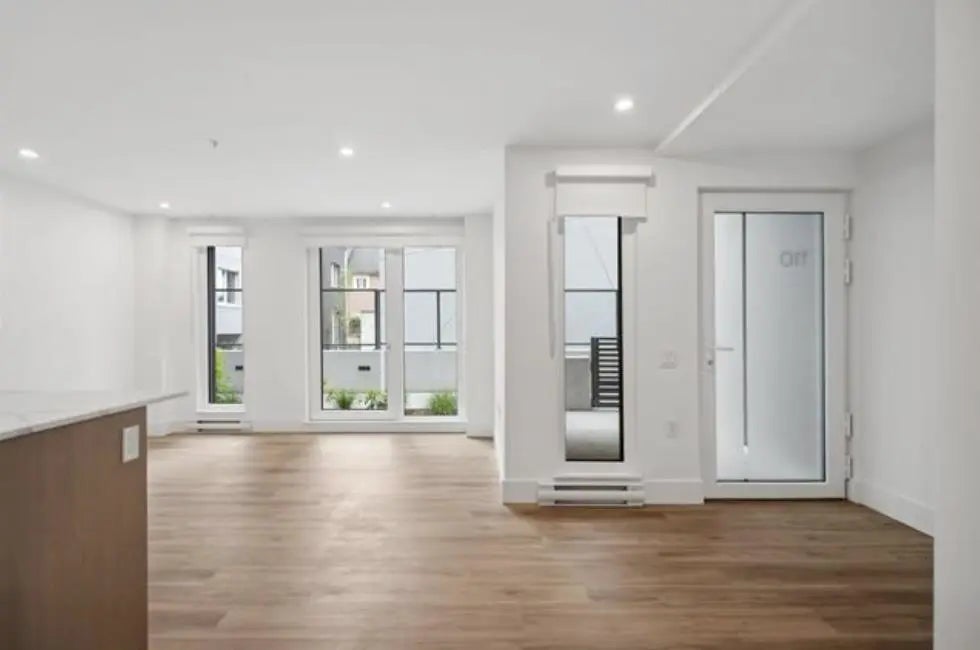

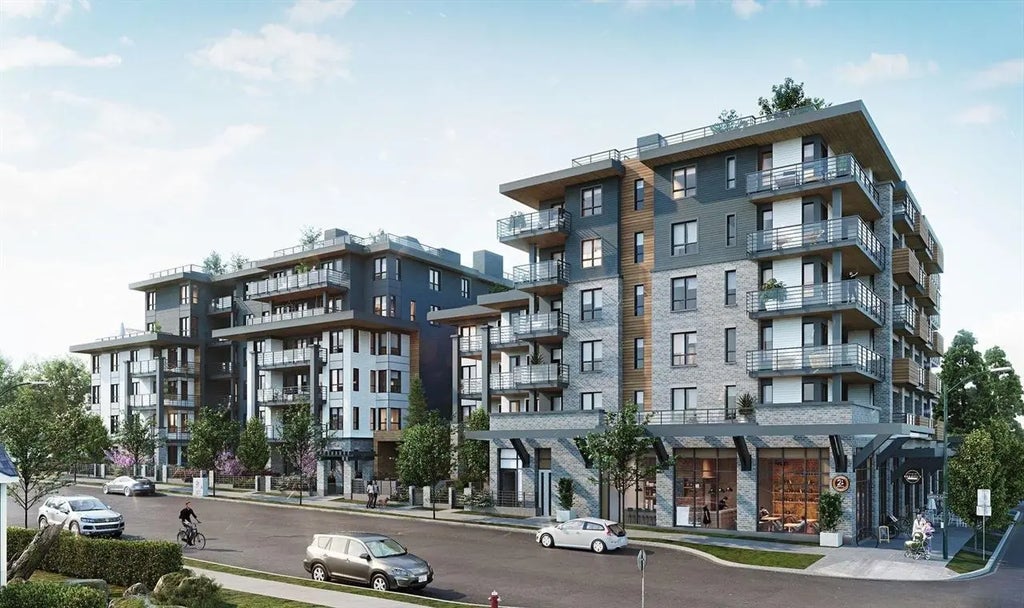
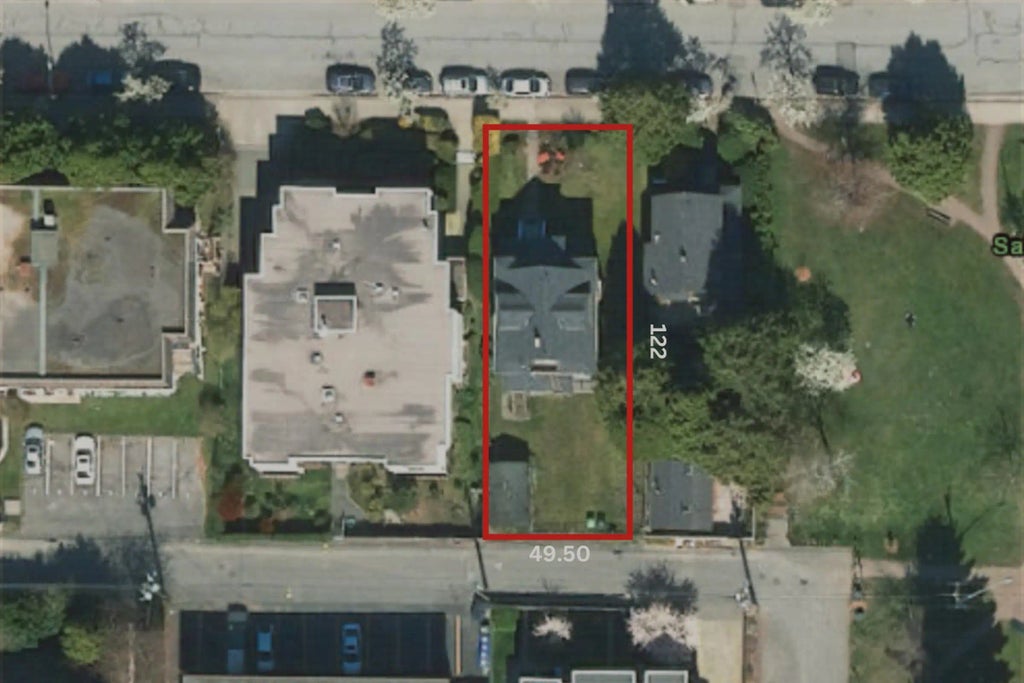
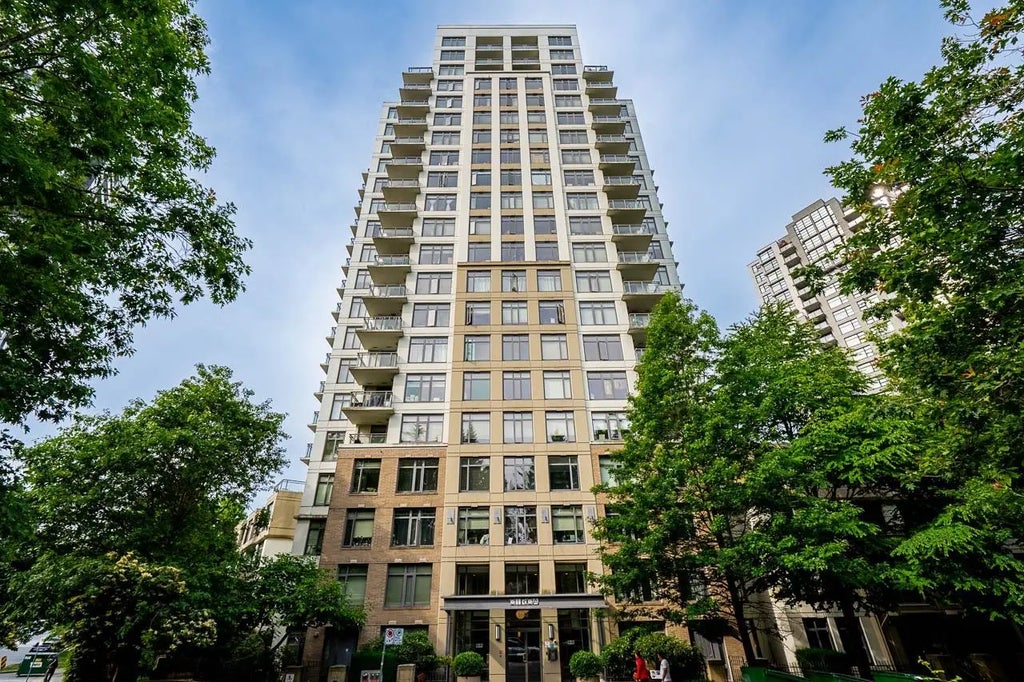
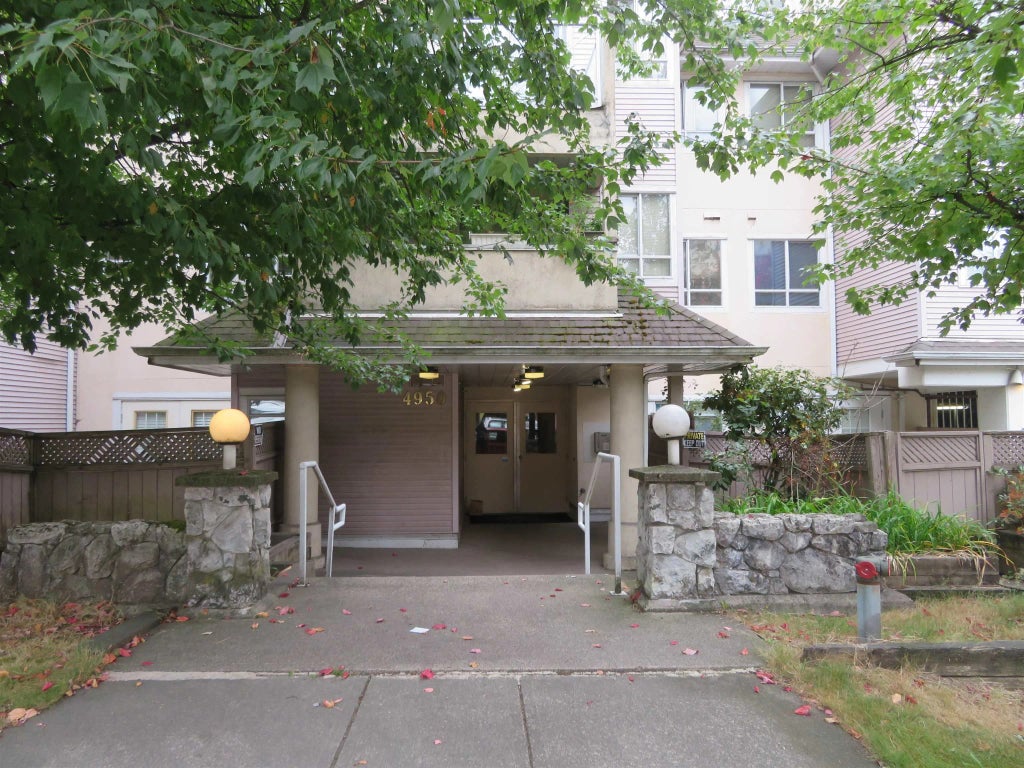
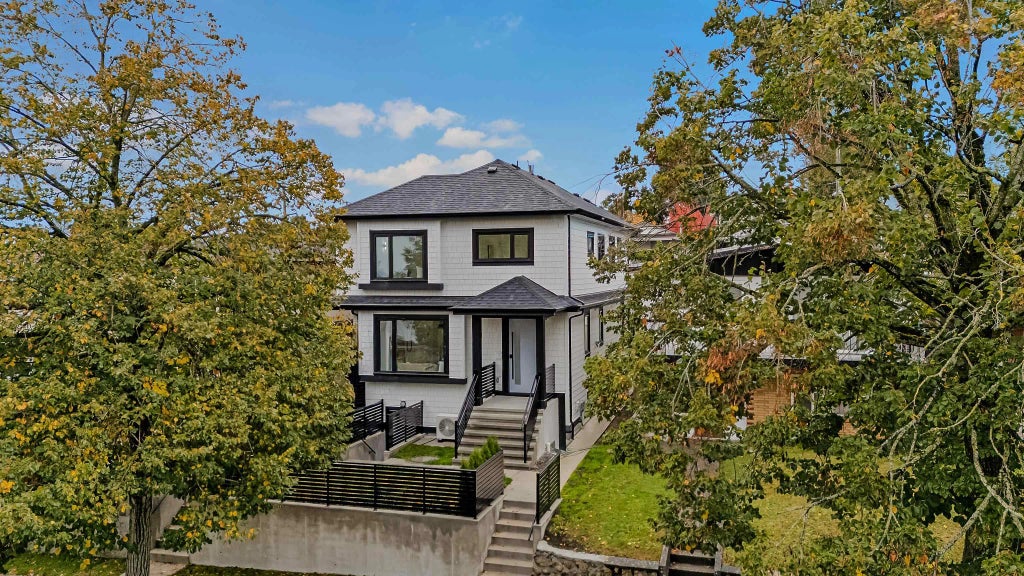

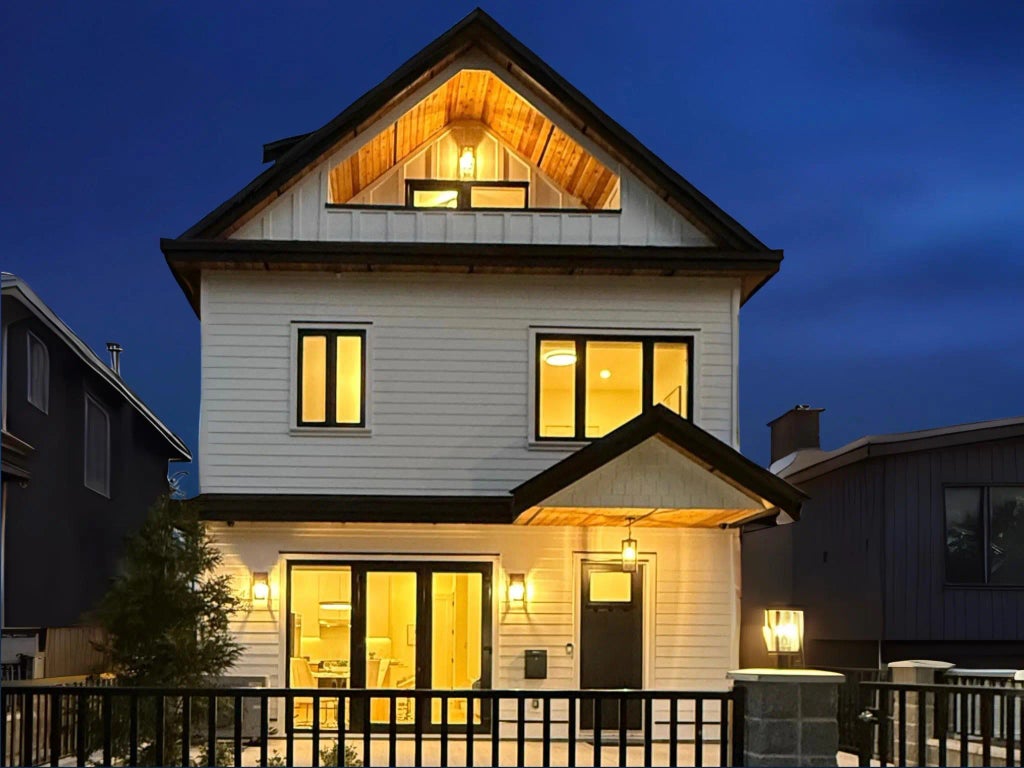
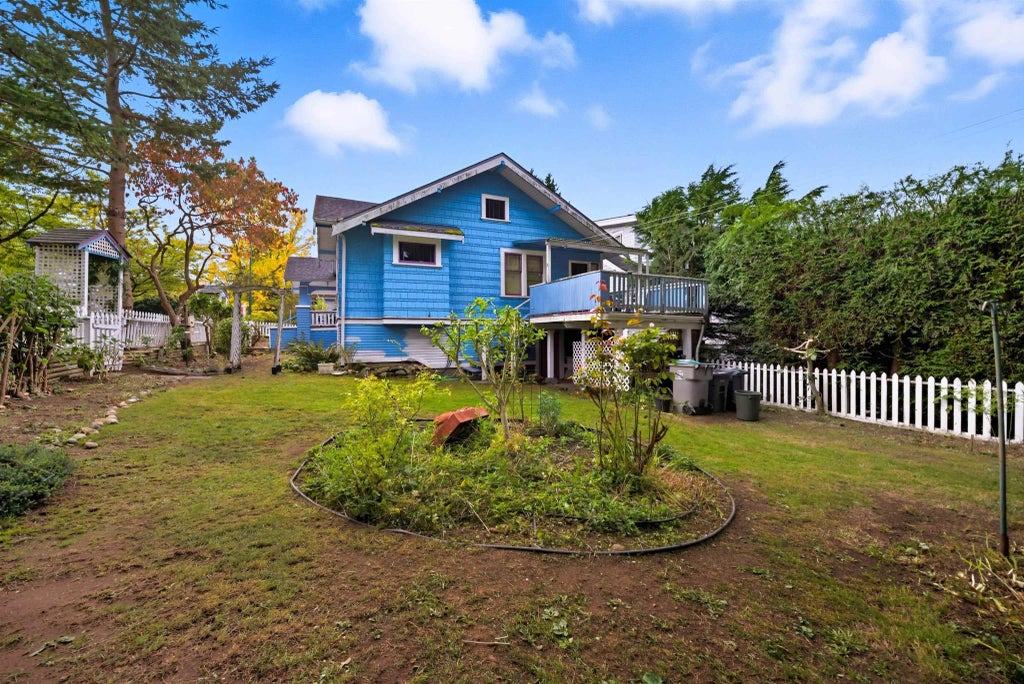
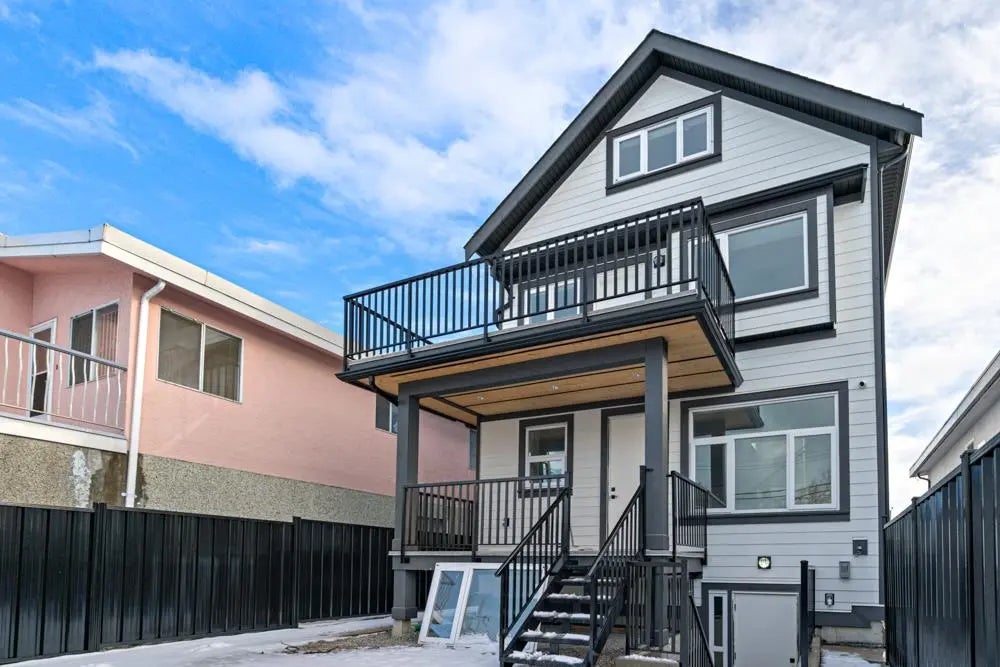
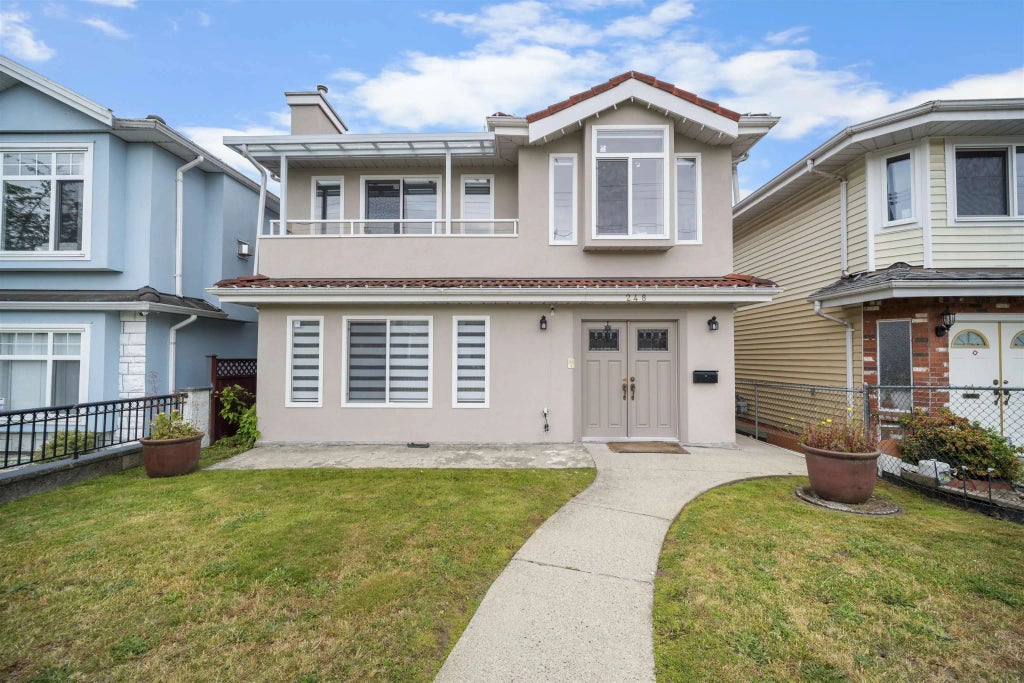
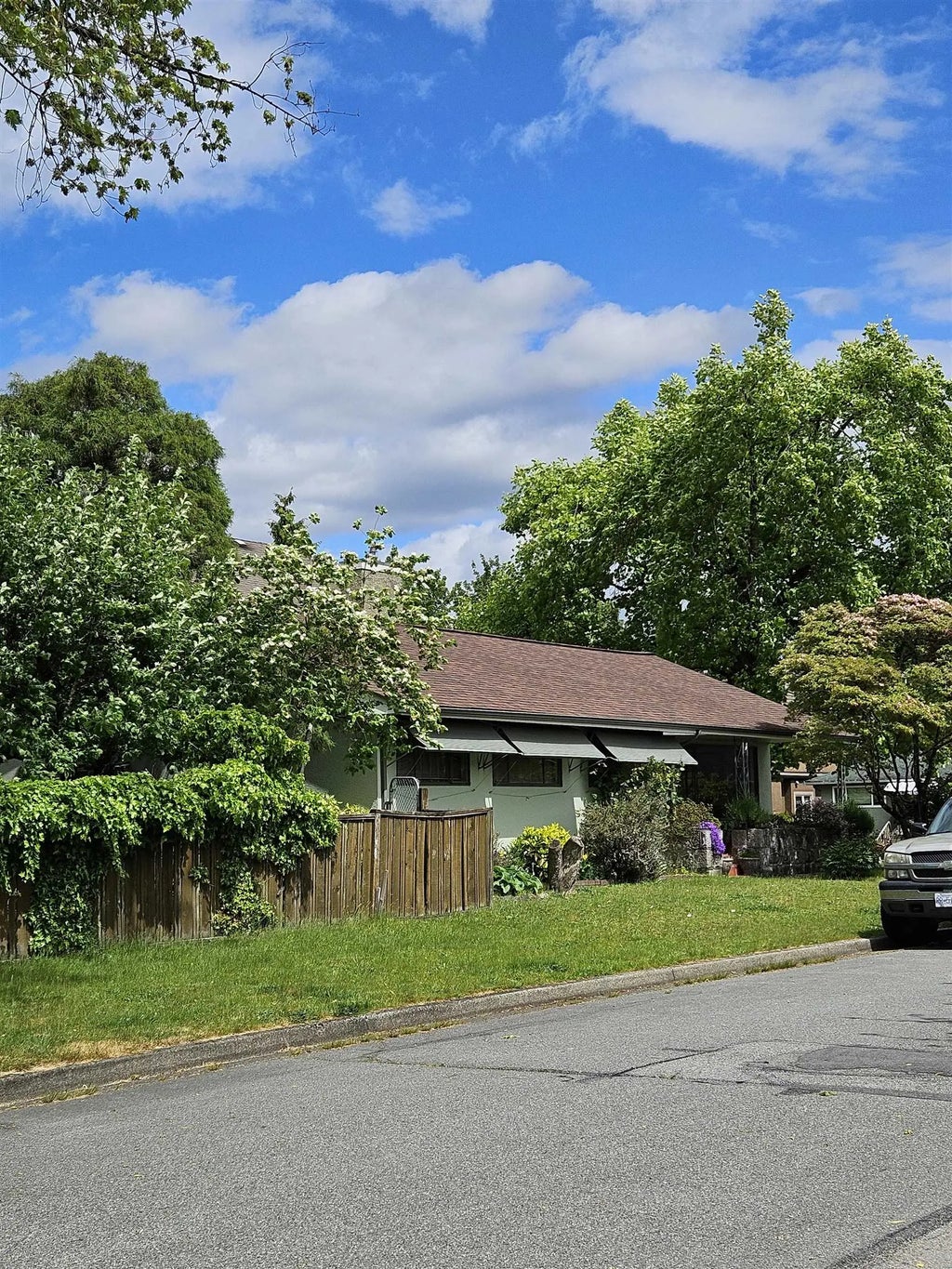
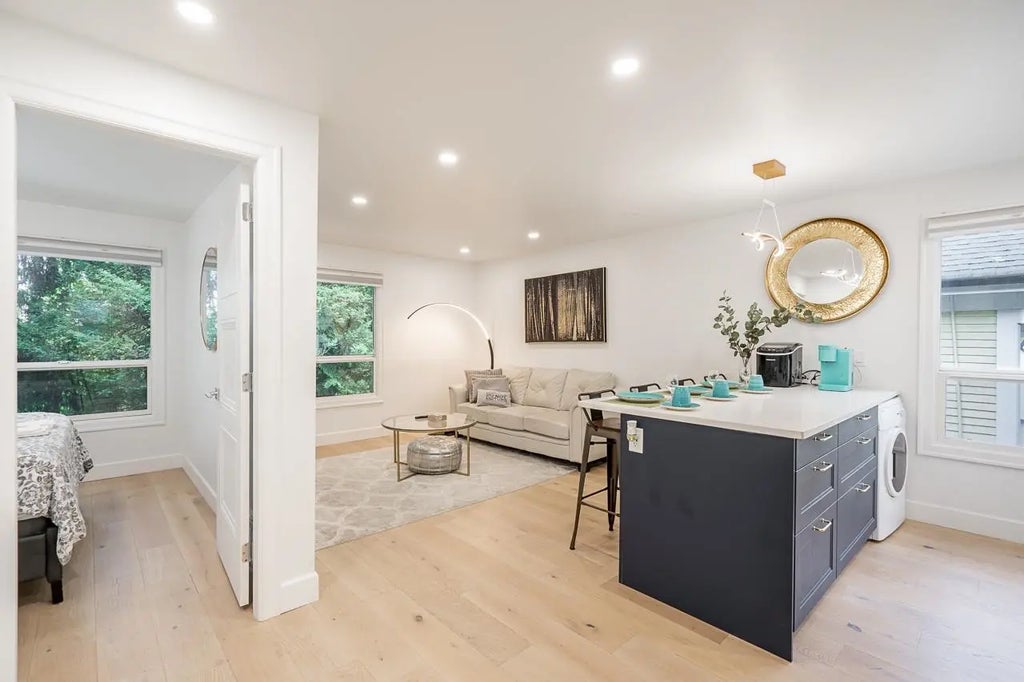
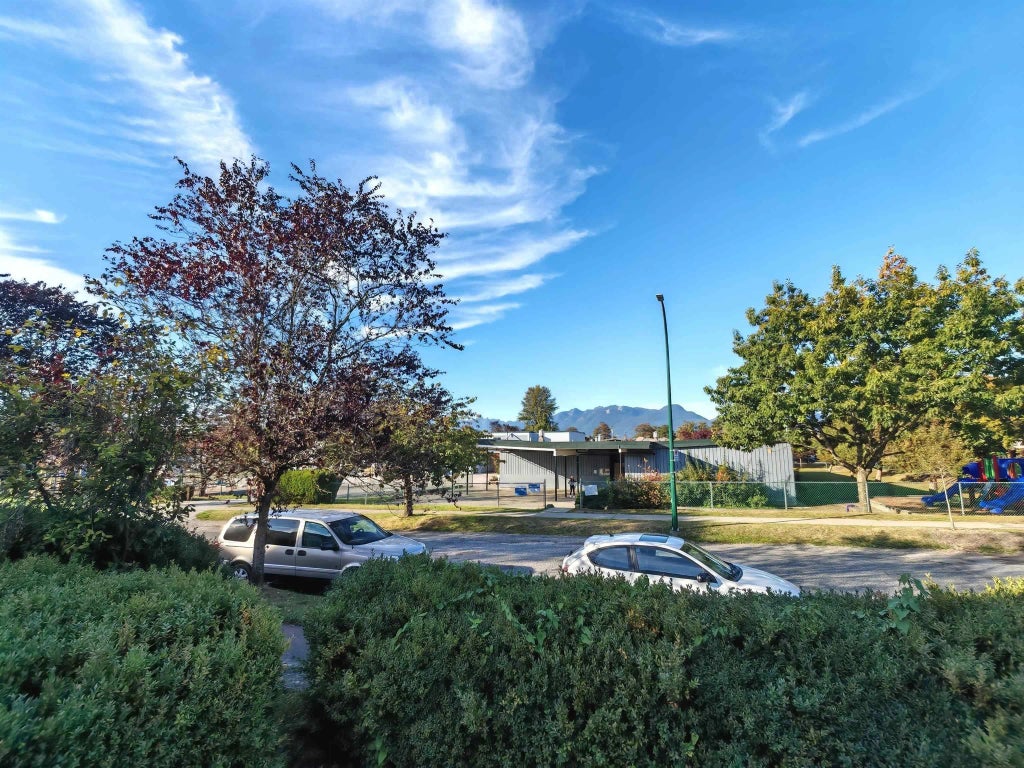
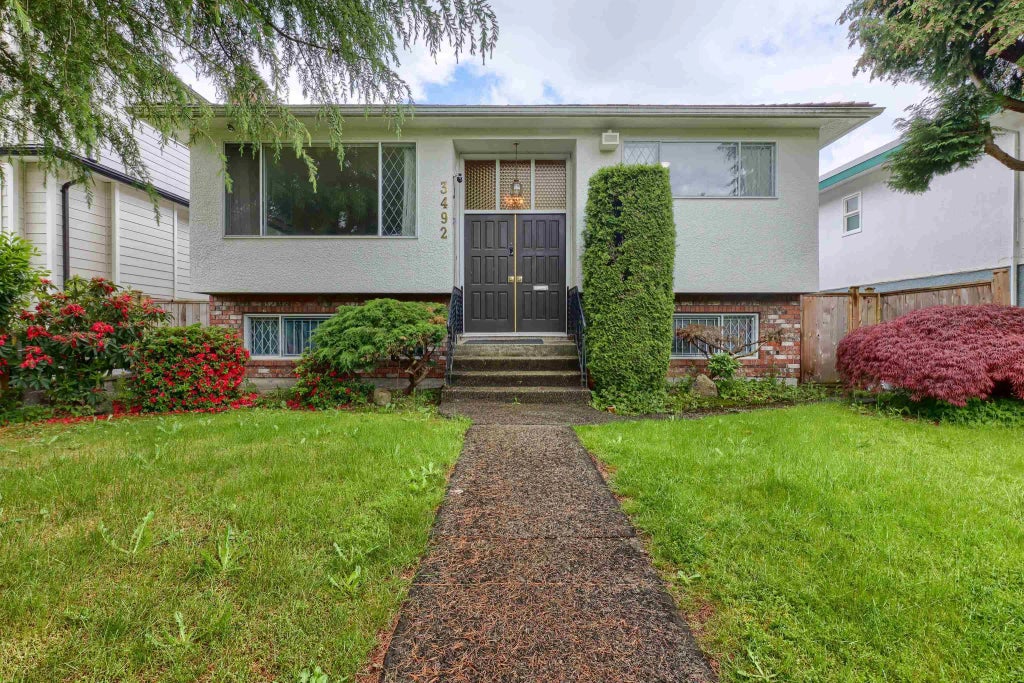
Leave A Comment